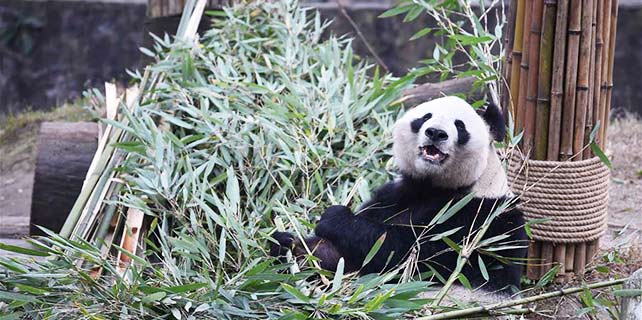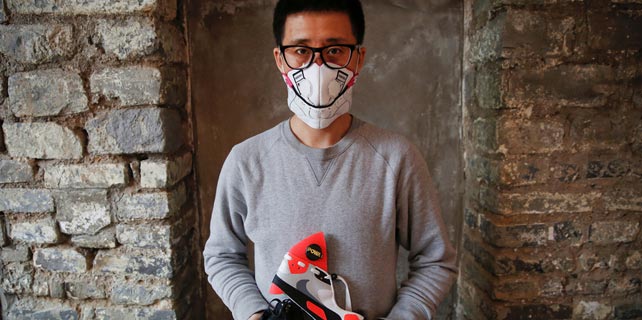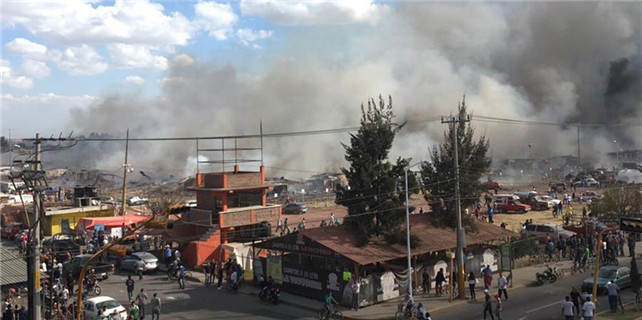Libya far from peace as political rivalry stirs piles of woes
The prices of US dollar increased a year after the appointment of the unity government.
Also, crimes in the capital have also increased. Moreover, the unity government failed to expel militias from Tripoli.
Banks suffers from lack of funds.
"All these factors make the people reject the new government," Ashraf Azzabi, a political analyst, told Xinhua.
In the meantime in eastern Libya, Major General Khalifa Haftar's forces continue the fight against militant groups. Despite the ground success of Haftar's forces, they still don't have full control over the second largest city in Libya.
Haftar's forces managed to take over major oil ports in September after defeating the militias that were controlling them.
"After General Haftar took over the oil ports, his popular support has increased," said Karim.
"I think the inclusion and exclusion of Haftar in the political agreement in the past have changed drastically, especially in the statements of head of the UN support mission in Libya Martin Kobler, who indicated the need for Haftar's presence in the political scene," Azzabi said.
Political rivalry, faltering economy, and insecurity are among the main crises the North African country suffers.
The future of Libya remains unclear with the political factions not seeming to be willing to compromise.
- US launches airstrikes against IS targets in Libya's Sirte
- UN Security Council adopts resolution on Libya arms embargo
- 117 bodies of migrants washed ashore in Libya
- Car bomb, clashes with IS kill 22 presidential guards in Libya
- UN special envoy to Libya hails new government
- Obama: 'worst mistake' in Libya
















